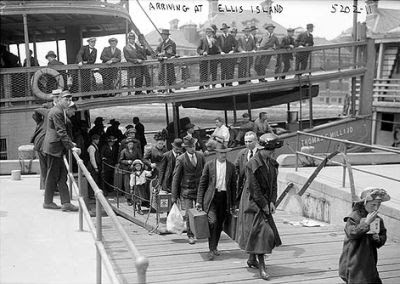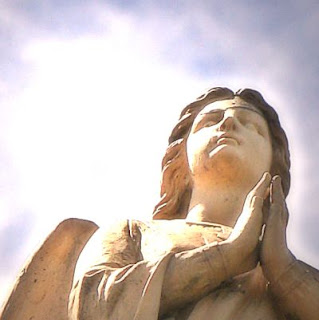Rejection of God and Self-Rejoicing

Rejection of God and Self-Rejoicing Stephen, disciple of Christ, arrested and on trial for heresy and blasphemy, defends himself before self-righteous religious rulers, using the history of his people as an object lesson in religious rejection of God . "This Moses, whom they rejected, saying, - Who made you a ruler and a judge? - this man God sent as both ruler and redeemer by the hand of the angel who appeared to him in the bush. This man led them out, performing wonders and signs in Egypt and at the Red Sea and in the wilderness for forty years. This is the Moses who said to the Israelites, - God will raise up for you a prophet like me from your brothers." Acts 7:35-37 (ESV) This is Stephen's grand thesis. This declaration is the climax of his argument defending himself from the false charges of heresy and blasphemy. This careful, sequential overview of his people's history, from faithful Abraham to Isaac, Jacob, Joseph and now Moses, leads inevitably to...





